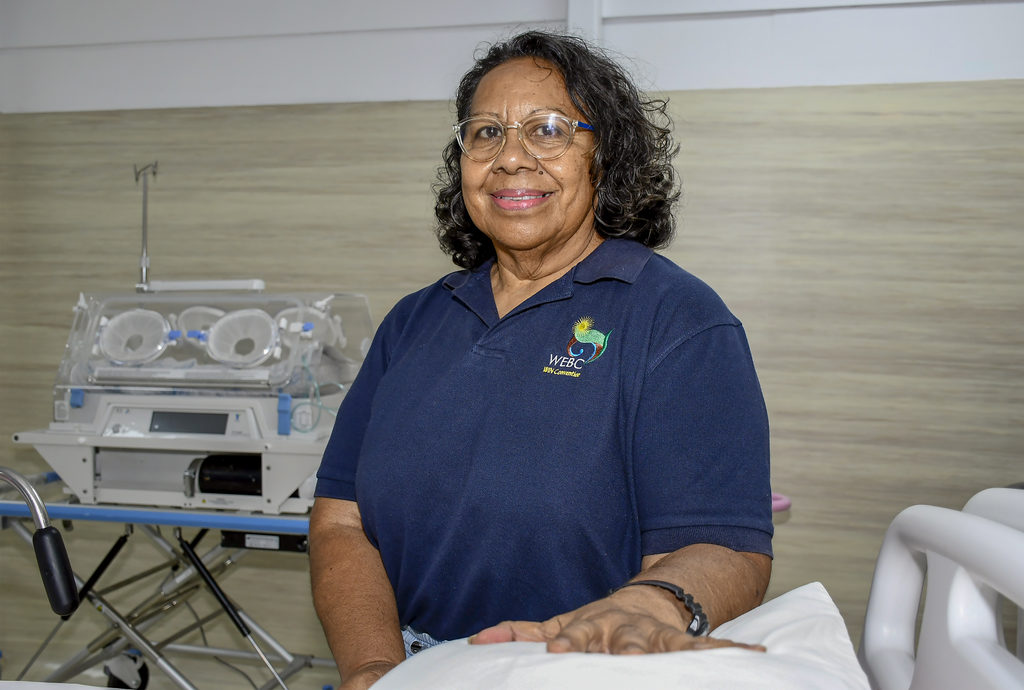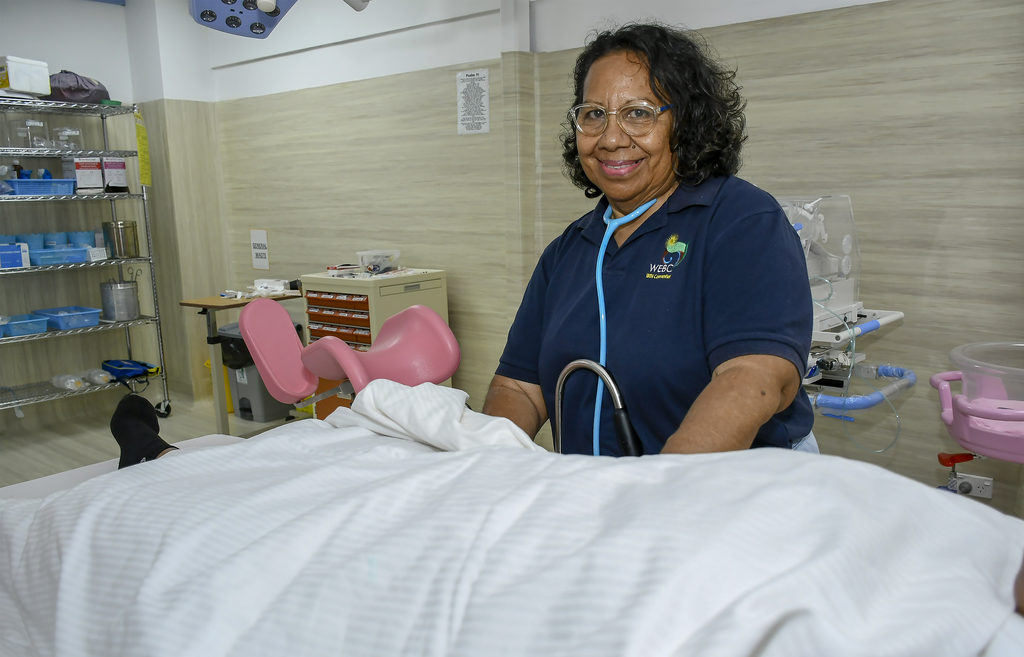FIJI still does not have national guidelines for menopause, and care across the public healthcare system remains limited, says Suva-based senior medical officer Dr Alumeci Taoi.
“No, Fiji does not have guidelines for menopause but has guidelines for targeted diseases in menopause,” she confirmed in an interview, adding that while menopause symptoms can be severe and wide-ranging, women often do not come forward to discuss them.
Common symptoms, she explained, can be grouped into several categories — vasomotor (hot flushes, night sweats, palpitations), psychological (anxiety, unresolved feelings), locomotive (joint and muscle pain, backache), and urogenital (dry vagina, painful intercourse, bladder issues like leaking while coughing or sneezing).
“However, women don’t usually come in and complain about these symptoms,” Dr Taoi said.
Diagnosis is primarily clinical, based on menstrual changes and the presence of symptoms. But in younger women, blood tests may be used.
“A hormonal blood test can be done — FSH and oestradiol level on two occasions. If the values are low then this confirms menopause.”
She said the biggest health threat for women in menopause is not cancer, but cardiovascular illness.
“You know the greatest threat in menopause is heart attack or stroke. More women die of the above in menopause than cancer.”
Dr Taoi believes more public education, investment in accessible treatment, and gender-sensitive spaces are urgently needed.
“Menopause care in Fiji is very limited in the public healthcare system: inadequate training of doctors to confidently manage these patients.”
She called for an “environment friendly enough to encourage women to come forward” and for the public system to offer hormonal therapies.
“There is no other treatment that is specific and successful in menopause as menopause hormonal replacement.
“The lack of oestrogen will require some replacement, but for a limited period.”
Treatments currently available globally include oral tablets, vaginal creams, gels, patches, intrauterine devices, and vaginal rings. She said these should be offered following proper guidelines for individualised care.
Lifestyle changes also play a central role.
“Get healthy as a starting point… lose weight, eat healthy, get plenty of rest, stay active, have good company and help somebody else.
“Once the body is well, the mind will be healthy, then it will help other areas in one’s life improve.”
She acknowledged the resilience of women, especially those in rural areas.
“Women in rural areas just get on with their lives. However, as there are health centres, they can seek help and get referred. It doesn’t mean that they don’t have issues — just cultural barriers that need to be broken down to open up conversations.”
Dr Alumeci Taoi says menopause remains poorly understood in Fiji’s health system and calls for more training, better access to hormone therapy, and safe spaces for women to seek help. Picture: BALJEET SINGH

